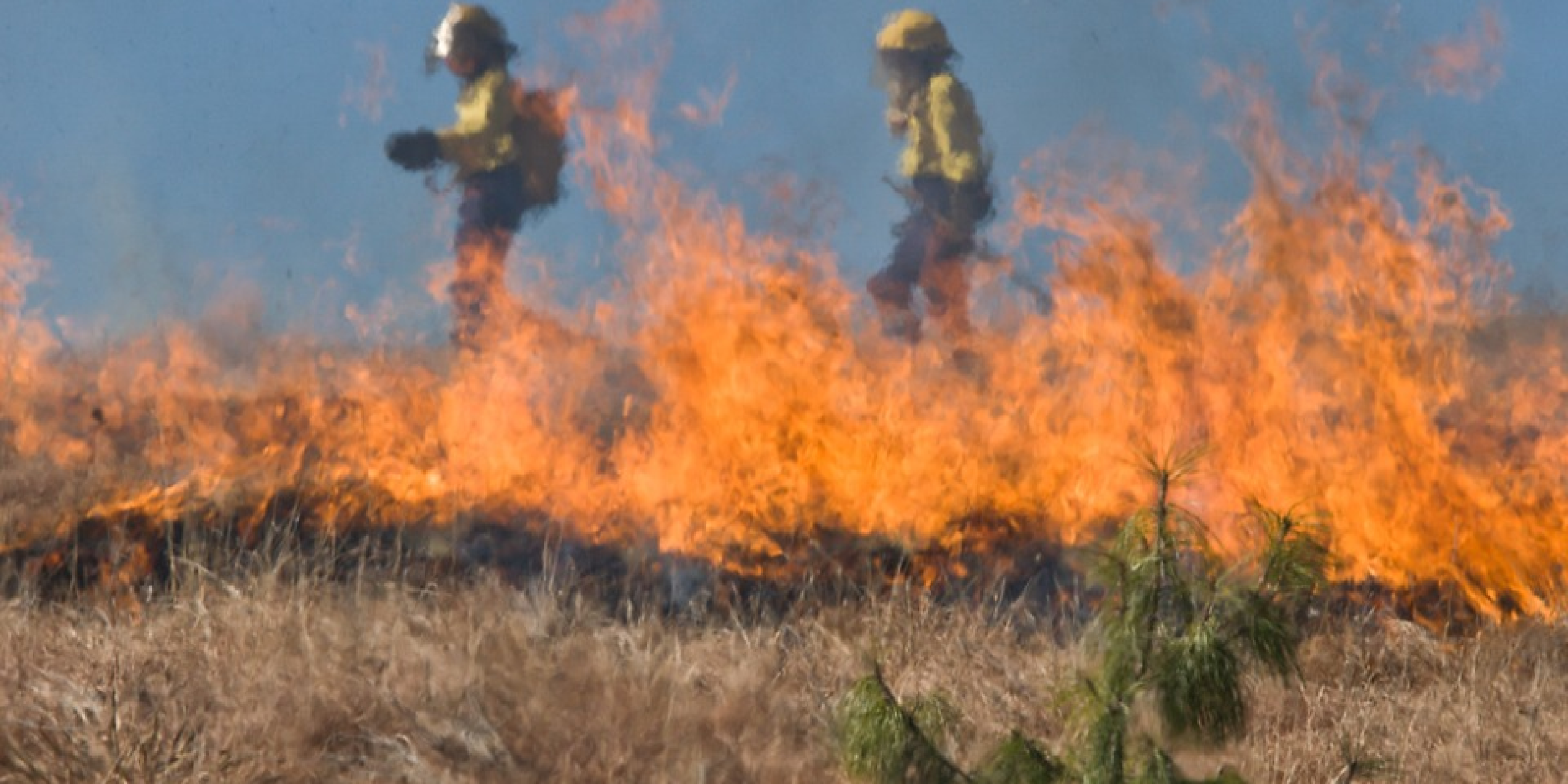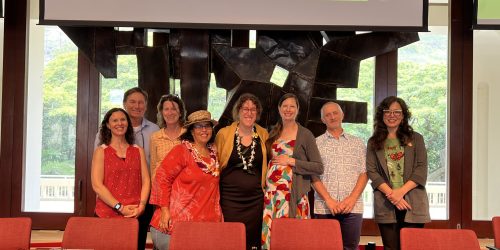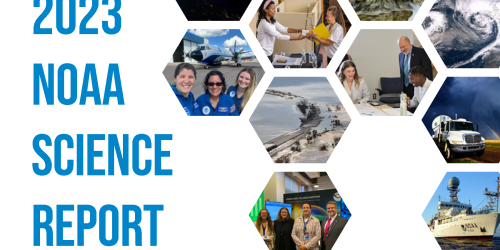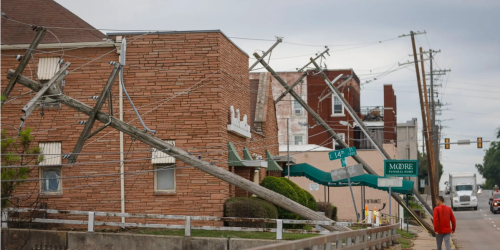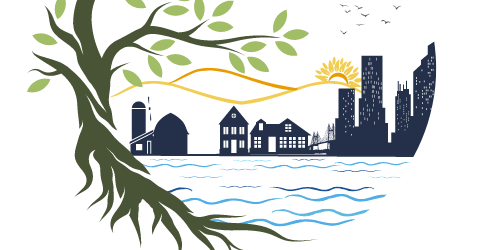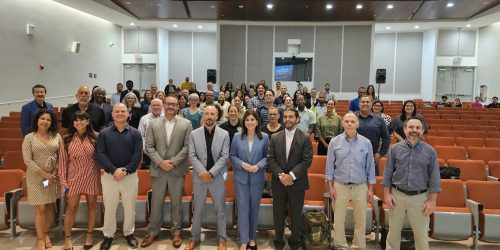Since the start of the 21st century California and Nevada have suffered extreme wildland fires and droughts that have caused devastating impacts to ecosystems and society. A common feature of these events has been very high evaporative demand—the “thirst” of the atmosphere—which has largely been driven by increased air temperatures caused by anthropogenic climate change. New research, funded by the National Integrated Drought Information System and the California-Nevada Applications Program (CNAP), a CPO RISA team, shows that climate change projections point to increases in evaporative demand, fire danger and drought in California and Nevada. The research, published in Earth’s Future, examined how the frequency of extreme fire danger and three-year droughts based on evaporative demand metrics could change through the end of the 21st century. Higher evaporative demand during summer and autumn—peak fire season in the region—means faster drying of soil moisture and vegetation, and more flammable fuels that can cause fires to burn faster and hotter. Days with extreme fire danger in summer and autumn were found to increase 4-10 times by the end of the century. Multi-year droughts are also projected to increase, with much greater impacts from increased evaporative demand found in water-limited hydroclimates like the Great Basin and Southern California. Future adaptation planning efforts for wildfire management agencies, forest management, and water resource managers should account for a greater likelihood of more extreme events. The research was led by the Desert Research Institute and Western Regional Climate Center, with co-authors from CNAP and in collaboration with University of California, Merced.
Higher Atmospheric Thirst from Climate Change to Increase Fire Danger and Drought in California and Nevada
